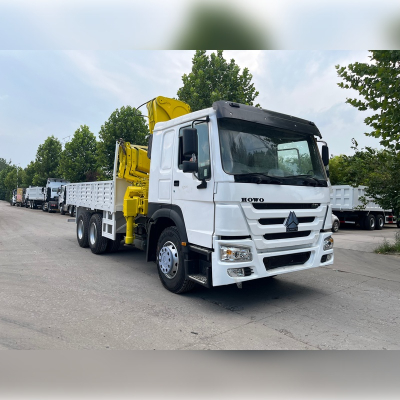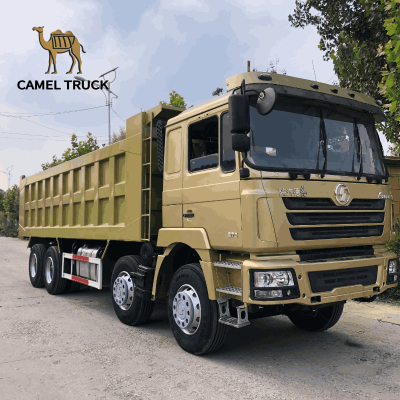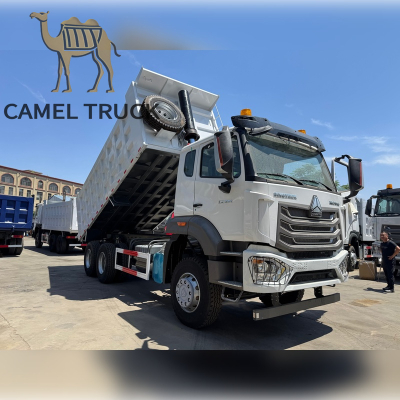Truck Common Issues After Sea Shipping
Camel Truck Highlights Common Issues After Sea Shipping and Provides Solutions
Liangshan, China – With the growing volume of Chinese trucks exported overseas, more heavy-duty trucks are being shipped to Africa, the Middle East, and Southeast Asia by sea. Recently, Camel Truck has summarized common issues that may occur after trucks arrive at the port and provided corresponding solutions to help customers put their vehicles into operation more quickly.
Common Issues Include:
Battery Discharge: Long shipping times often cause the battery to lose power, making the truck difficult to start.
Low Tire Pressure: Extended static storage during shipping may lead to under-inflated or deformed tires.
Brake System Problems: Humid environments can cause rust on brake pads and drums/discs, leading to brake lock or poor braking performance.
Body Rust/Coating Damage: Salt mist exposure during shipping may cause minor rust or paint damage.
Oil or Fluid Leakage: Vibration and temperature changes during transport may cause loose seals or hoses.
Air in Fuel System: Extended parking may allow air into the fuel system, leading to starting difficulties.
Insufficient Air Tank Pressure: Many heavy trucks use air-start or air-assisted systems. If the air tank loses pressure during sea transport, the truck may face starting problems or delayed braking response after arrival.
Recommended Solutions:
Camel Truck’s engineering team advises customers to check the battery, tire pressure, brakes, oil, electrical system, fuel lines, and air tank pressure after arrival.
If the air tank pressure is low, customers can use an external air pump or emergency air bottle to restore pressure and start the vehicle smoothly.
Meanwhile, Camel Truck also takes preventive measures before shipment, including disconnecting the battery, applying anti-rust coating, inflating tires, and checking fuel and air systems, in order to minimize risks during shipping.
A Camel Truck spokesperson stated:
“We don’t just sell trucks; we care about how they perform in our customers’ hands. By sharing these experiences and solutions, we ensure our customers can use their trucks with confidence, right after arrival.”
This guideline has already been shared with customers in Africa, the Middle East, and Southeast Asia. Camel Truck will continue to provide technical support and after-sales service to guarantee reliable truck operation worldwide.













